Natalie Brown, composer and playwright, strides in front of her audience with the composure of a born performer. At twenty years old, she's been on countless stages – but never anything like this.
She’s standing in front of a crowd at the Tsai Center for Innovative Thinking, a startup hub on Yale’s campus just down the street from the School of Music where Brown takes classes. Tonight, she is pitching her theatrical venture – a fresh take on the 1975 choreopoem for colored girls – and she needs investment.
Brown tells the audience about her business venture – she needs cash to take her actors to New York City for an industry audience in front of Broadway investors. She believes she can make the money back and more, through ticket sales, merchandise, and all the other revenue streams that make musical theater an $8 billion industry.
The pitch competition has been organized by the Midnight Oil Collective, a production company launched during the pandemic by a group of Yale arts graduates. At simplest, they are an incubator for early-stage creative economy ventures, like TV pilots, animation houses, and music studios. But it's only one part of their grander vision – to upend the way that art gets funded, and who owns the end result.
The heart of Midnight Oil Collective is an investment committee that decides on which creative ventures to financially support. The key: all investment decisions are made by an artist-led investment committee. It's a participatory investing model that is meant to contrast with the opaque and distant decision-making models employed by large production companies and studios.
After two years of fast growth, they have decided to raise a venture capital fund. It's part of their vision to grow as big as the current stewards of the creative economy. As COO Emily Roller says, "We want to create an alternative to the normal path where artists get absorbed by Disney or some other conglomerate,"
Or as she and the rest of the collective’s members often put it, in more simple terms: “We are creators investing in creators."
A false narrative
On the evening of Natalie Brown’s pitch, Roller kicked off the workshop with some select words for the scions of the creative economy – some of whom were in the audience listening.
“Our storytellers and creators have long believed a false narrative,” she began.
What started off as standard welcoming remarks seemed to turn by its own volition into an impassioned speech; or rather, a sermon. Roller is the daughter of Southern Baptist preachers. Her art is writing fiction and creative nonfiction, including personal reflections on being a liberal from the Midwest in the age of Trump. (“I do get a lot of feedback from people in my hometown,” she says.) She was one of the nine co-founders of the Midnight Oil Collective along with her wife Frances, who is the group’s CEO.
On stage, Roller unpacked the dirty dynamics of the arts and entertainment industry. When the pandemic hit, she said, artists and creators were the first to lose their gigs and sources of revenue, which was already barely enough for them to get by. But for the founding members of the Collective, she said onstage, “the experience opened our eyes.”
“Our storytellers and creators have long believed that we have to starve to pursue this career; that we are lucky to get anything performed; that we don't have real jobs," she said. "All of this despite the fact that the arts, entertainment and media fields contribute more to the GDP than agriculture or food."
"This false narrative has led to artists accepting truly unconscionable contracts; to artists giving up equity and control, selling their intellectual property to the first person who expresses interest; to shaping their work to meet the tastes of wealthy audiences – and to thank their benefactors for the opportunity to do so."
She went on to argue that these injustices in the creative economy don’t just hurt artists financially; they also affect the art itself. "When an artist signs a contract, they quickly lose control of the work. And the work ends up getting catered to the taste of those with money," she said. "As a result, art is catered to the tastes of the patrons."
Reaching the breaking point
The Midnight Oil Collective might never have gotten together if it wasn’t for Covid underscoring just how bad things had gotten.
The eight artists who initially launched the Collective knew each other in various ways through Yale. Between the group there’s a composer, three writers, four actors, two playwrights, an opera singer, and a music historian (that’s accounting for multi-hyphenates).
They realized they faced common barriers – they all struggled with what Roller calls the ‘gatekeeper problem’. It had always been a discussion in the background. But when the pandemic shuttered the creative field entirely, "there was a sense that we could never go back to the old ways.”
After a series of conversations, the group wrote a manifesto about how the arts world was going in the “wrong direction” and what they would do about it. They also produced a slick short film, Midnight Oil Collective: Chapter One.

One early decision was to apply to create a formal cooperative. Early on, they reached out to the U.S. Federation of Worker Cooperatives and got their paperwork in order.
“We knew there’s this outdated nonprofit patronage model, and there’s an equally inefficient commercial model, so we said, can’t we try something different,” said Roller. “Systemic problems require systemic solutions.”
With their structure formed, it was time to start investing. The first iteration was simple: they would each produce a work of art, and everyone would invest in each others’. Each artist would get a piece of the pie. The next year, they launched an incubator, and created an application process for any artist in New Haven who wanted to apply.
As they expanded the vision, they also created new mechanisms to ensure their model stayed participatory. For instance, they vote on who to accept into the cohort with a participatory process. Every member of the collective votes on program applicants. They decide as a group which artists are invited to submit their full materials.
In the summer of 2022, Midnight Oil Collective launched their second full cohort, and made several investments. They put $30,000 into each project. The artist gets a 20% stake, as well as a stake in the fund as a whole.
By summer 2021, the Midnight Oil Collective was growing fast enough that Emily Roller decided to quit her job as a public school teacher to become COO. Around the time they launched their second cohort, the MOC board started to talk about launching a venture capital fund.
Creating a fund
By 2021, the Midnight Oil Collective had created the basic building blocks of a venture capital fund. They had reviewed nearly 100 business models for early-stage creative ventures, worked directly with three dozen of them, and made several investments.
.jpeg)
So why not go bigger? The math is simple: investing two hundred thousand dollars a year would help some artists get to the next level. Investing two hundred million a year would make a deep imprint on the entertainment world. It would be that manifestation of the world that the nine co-founders manifested in their “Chapter One” video.
And they believe the math makes sense. Venture capital operates on the logic of long odds. In a given portfolio, ten startups are expected to fail, while one returns money back. That’s not dissimilar to how film or theater investors create indexes of projects, spreading the risk.
So far they’ve raised more than half a million dollars for their first fund. Their goal now: raise a multi-million dollar fund to expand their vision.
Will they succeed? Roller thinks so. She sees their model – leaning into diverse perspectives – as their biggest strength.
“The people who we criticize – people on the boards of theater nonprofits, or working at studios or production companies – they care about art, and they want to connect with audiences. But they don't necessarily have that lived experience to know how to.”
“Any group is going to have blind spots. So one of the very early things that we decided as a group was that we wanted to figure out a way to take advantage of diversity. We wanted to lean into the power of diversity.
A sign of a solidarity economy in the arts
Listening to the members of the Midnight Oil Collective speak about their work is eye opening. They seem to have their finger on something that’s inherently wrong with our culture: something that helps explain why Hollywood keeps churning out movies and animated films that are hardly distinguishable; why jukebox musicals keep winning the Tonys; why music on the radio seems to all sound the same.
It might seem like a battle that’s far too big to win, if not for the fact that other solidarity economy arts projects are popping up all around the country.
In New York, the Design Action Collective has built a worker-owned cooperative for graphic designers working for progressive organizations. Members collaborate on projects while supporting each other’s creative process. Another startup, Made for Black Culture, registers products made with Black creativity, likeness or influence on the blockchain. Their goal is to protect Black culture from commercial exploitation and cultural theft by getting ahead of appropriation and distributing royalties to Black creatives.
To map the many systems-level innovations that shift power to artists, the activist collective Make Justice Normal is hosting a research and art initiative called The Arisen. Through it, says MJN co-founder and artist Anjali Deshmukh, The Arisen will study the full journey that cultural assets take as it accrues in "value," through the process of making a given asset, to the entities that buy it, to the organizations that showcase it for sale. They’re documenting organizations like the Midnight Oil Collective and Made with Black Culture, and how they interact with each other. MJN launched last year to “rewire all systems to make justice the norm.”
“Our ecosystem view demands us to think in a non-linear fashion,” she says. For example, developing new revenue streams for artists won't address the fact that the places presenting art are also perpetuating injustice and that valuation systems for the arts are distorted. "We think the answer ultimately lies in addressing the wealth/power gap as a whole, but we can do our part in the arts by understanding how value is created and grows. By looking at where solutions are sprouting, we can design counteracting interventions within our power.”
The Midnight Oil Collective team, for their part, is also seeking to educate their audience, including traditional investors, about how another cultural economy is possible."
In early June, Midnight Oil Collective Frances Pollock stood on stage and delivered the opening keynote at the Yale Innovation Summit. The summit is an annual staple of the New Haven startup scene, and each year is organized around themes that are interesting to East Coast investors – climate, biotech, health. This year, Arts was added as a fifth pillar, with the Midnight Oil Collective hosting half a dozen panels and workshops on topics like investing in the creative economy and how to grow an arts venture.
“Raise your hand if you never thought you would find yourself attending a corporate innovation summit,” Pollock said in her opening remarks, to laughs from the crowd and plenty of raised hands. Midnight Oil Collective-affiliated artists roamed the campus of the Yale School of Management, easy to spot in their colorful clothes among the suits and Patagonia vests. Investors spoke with independent film producers and local record company founders about their business models.
It was a major validation of the collective’s work to position creative work as a pillar of the future economy. And it was fitting with the collective’s vision to evangelize their vision. Roller referenced this evangelical mentality in an interview she did shortly after she quit her job to focus on the collective full time.
"As much as I enjoy teaching,” she wrote, “I think that the opportunity to go all in with Midnight Oil Collective is one that I can’t let pass by. I’ll miss the kiddos, but I expect that educating will continue to be a huge part of my day-to-day work.”

%20(1280%20x%20720%20px)%20(40).png)

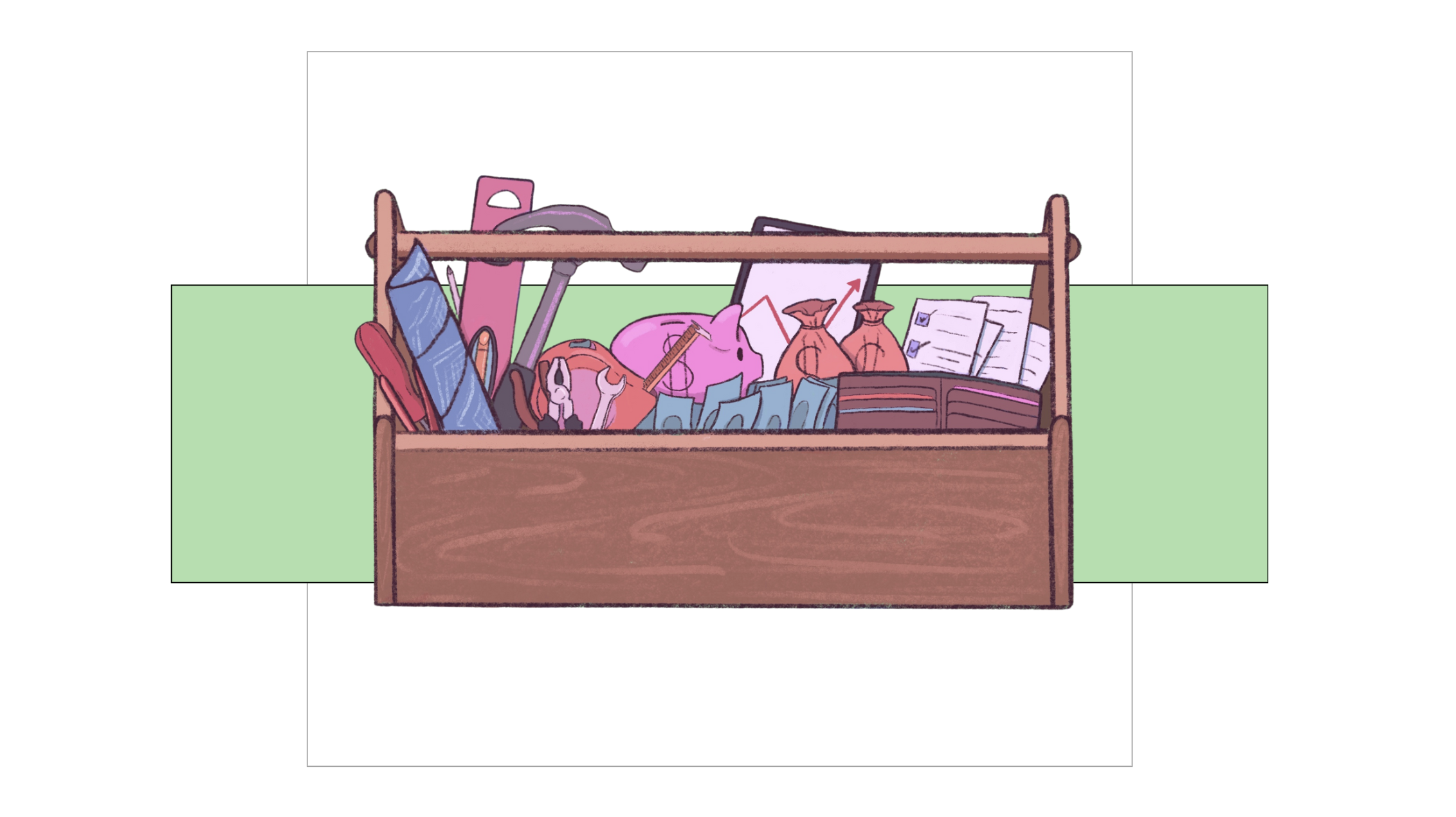




%20(1280%20x%20720%20px)%20(46).png)
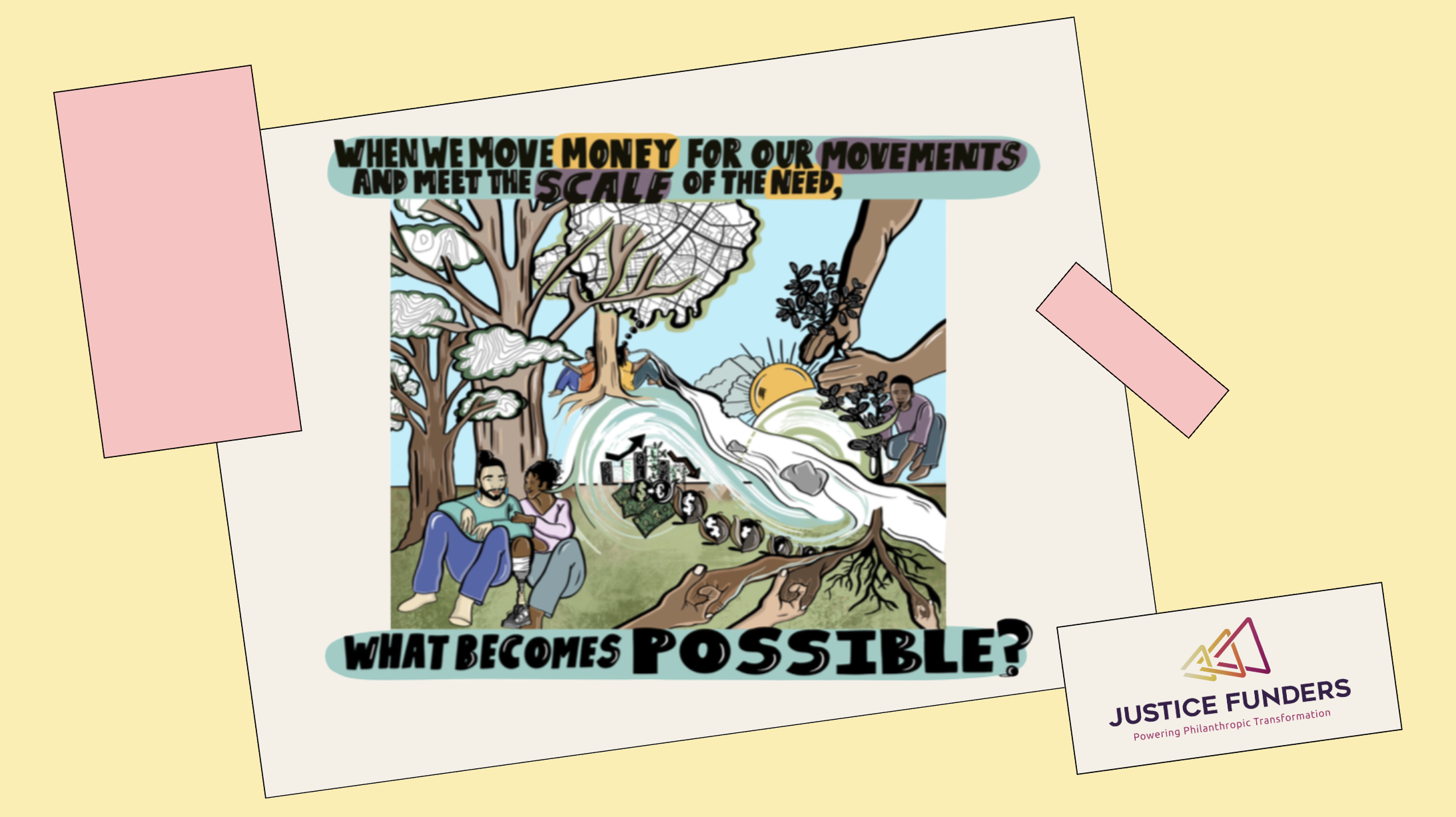
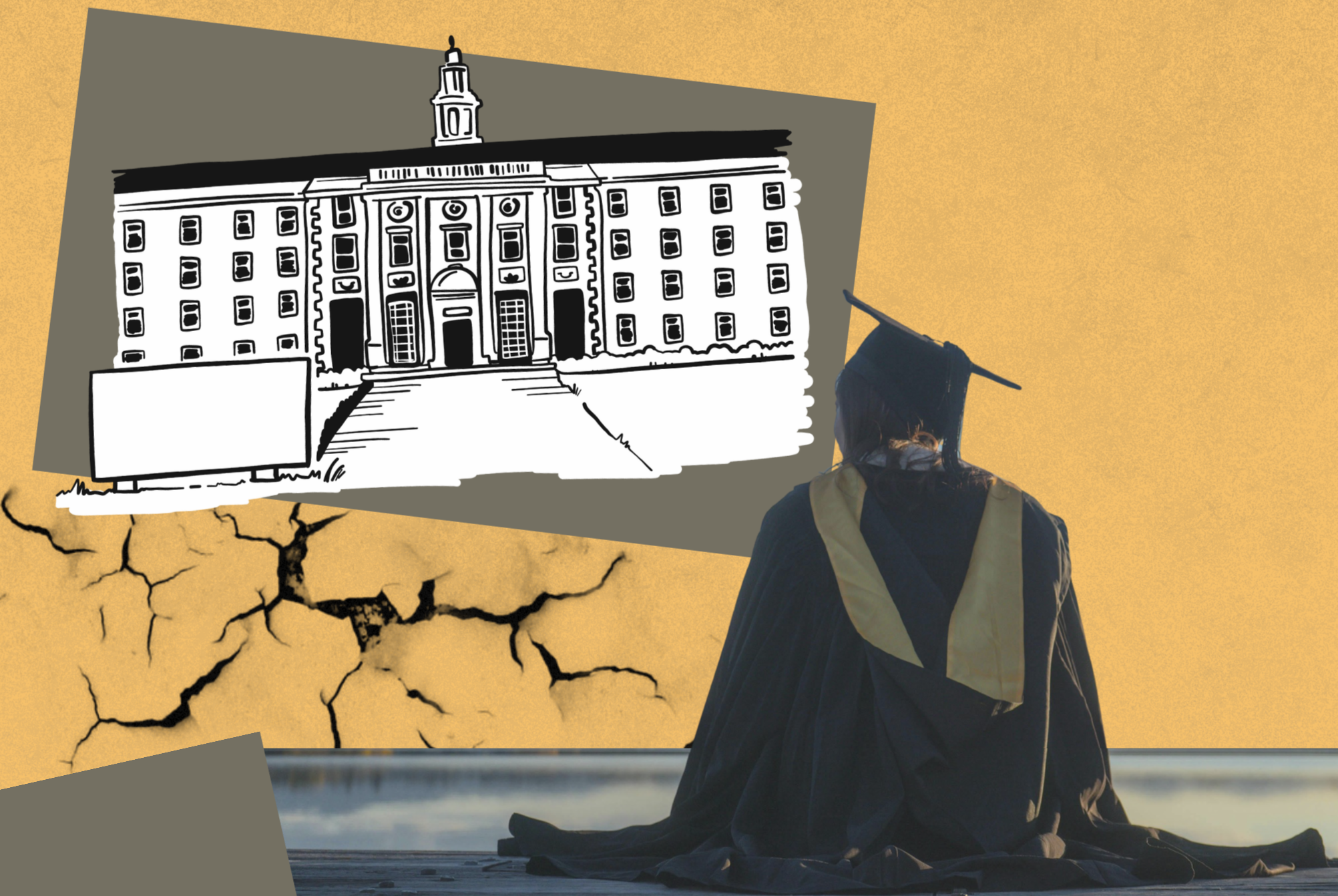
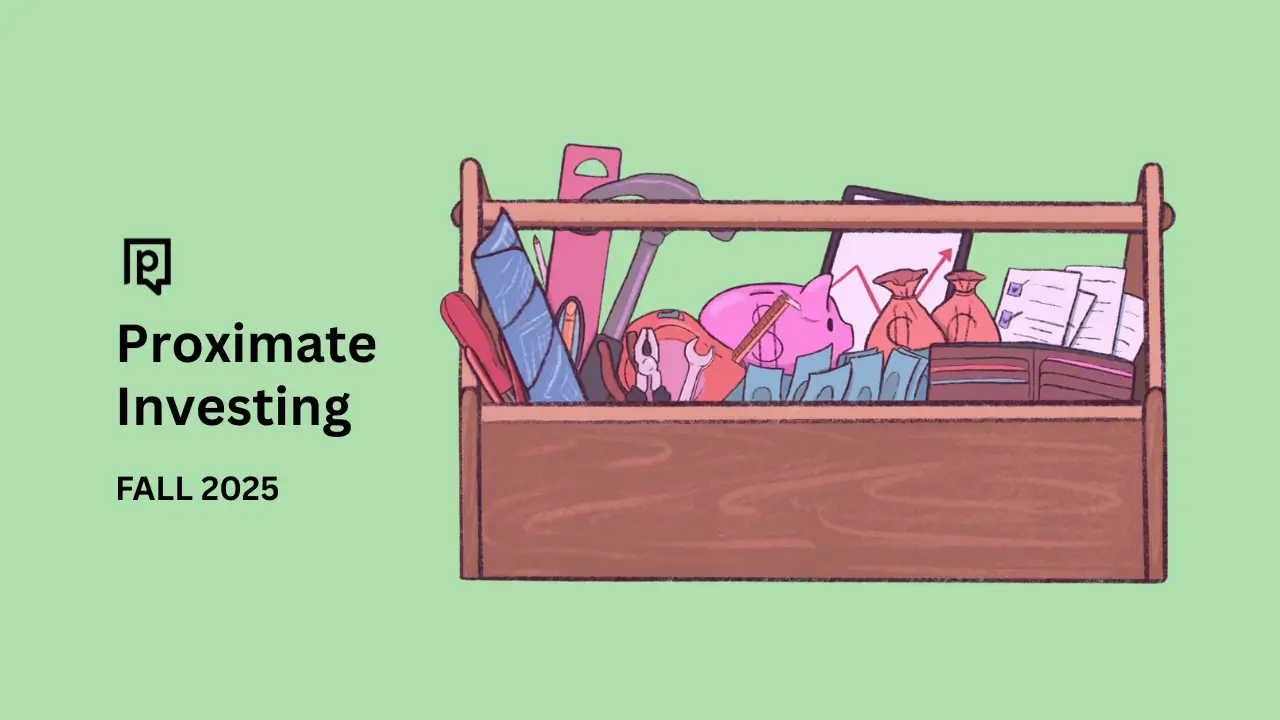
.webp)
%20(1280%20x%20720%20px)%20(3).webp)
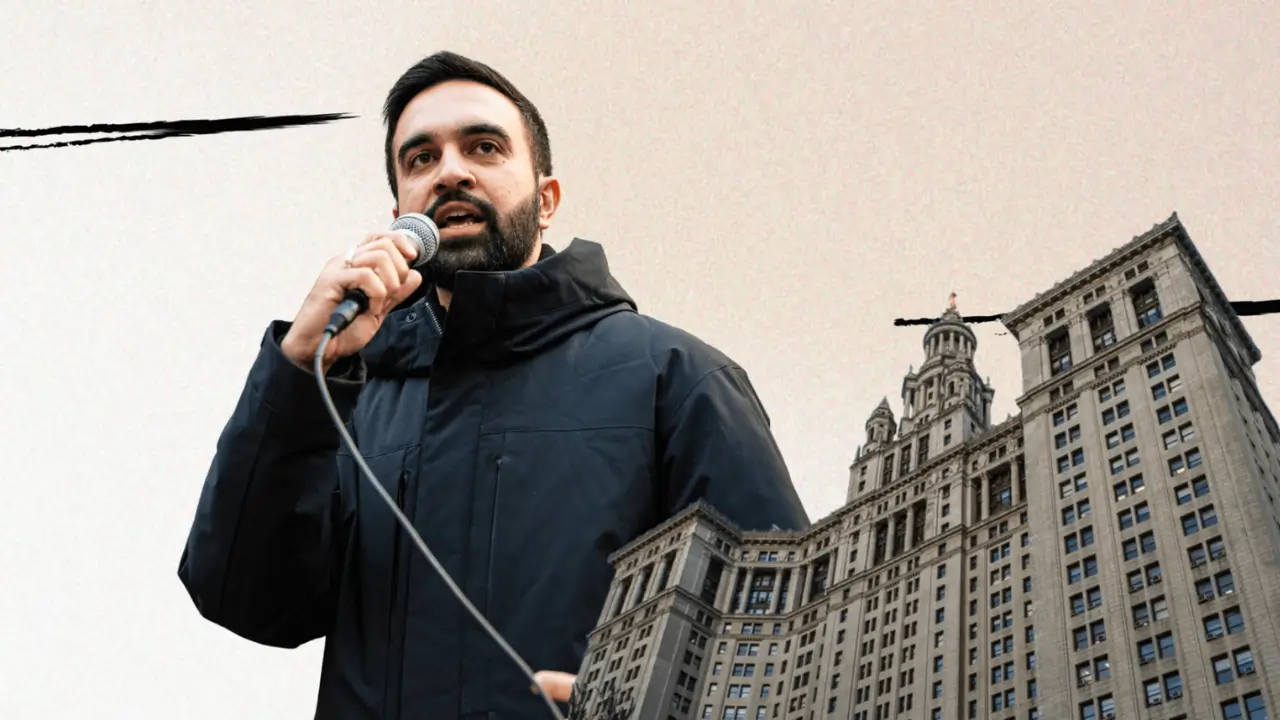
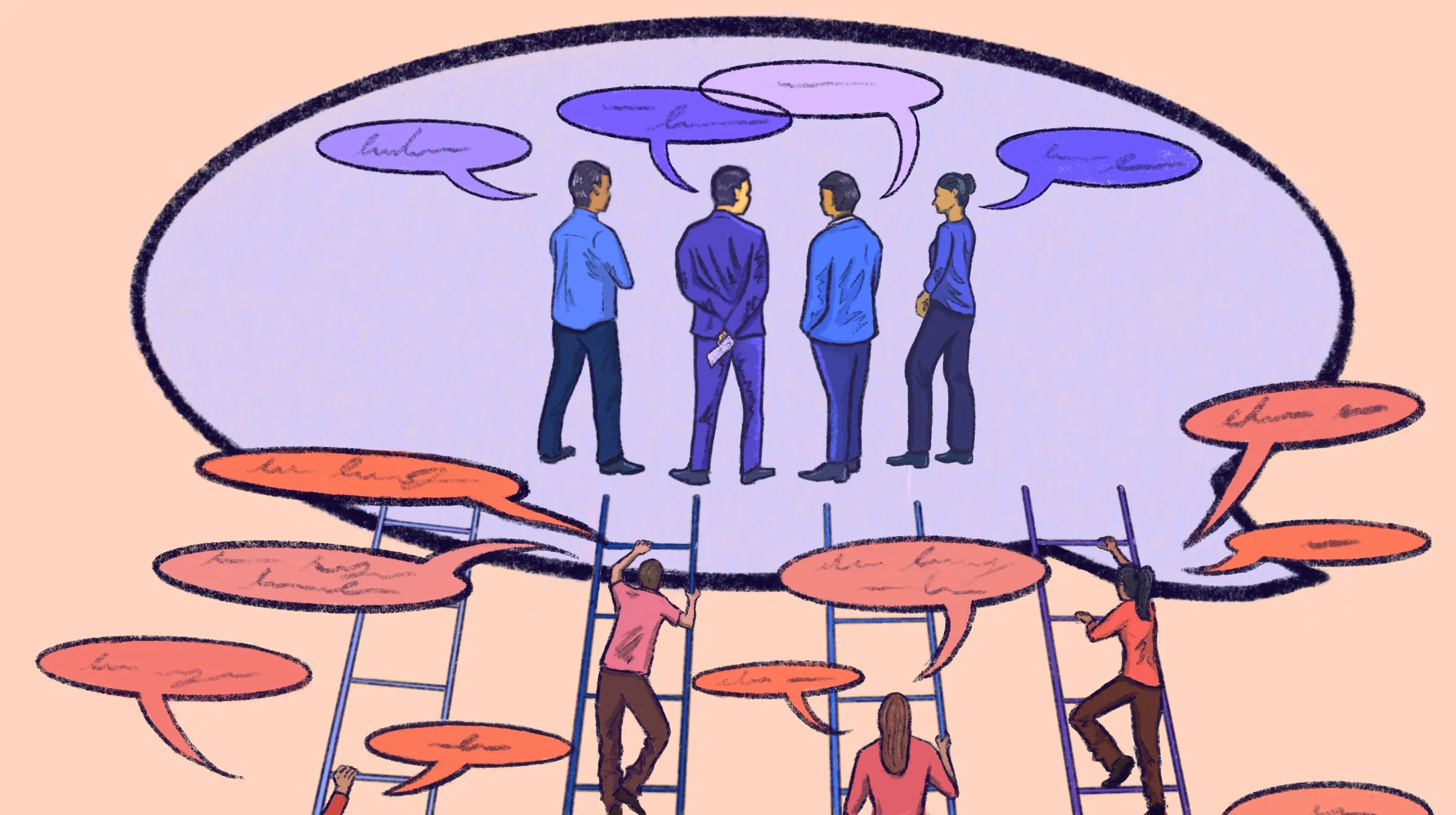
%20(1280%20x%20720%20px)%20(39).png)
%20(1280%20x%20720%20px).webp)
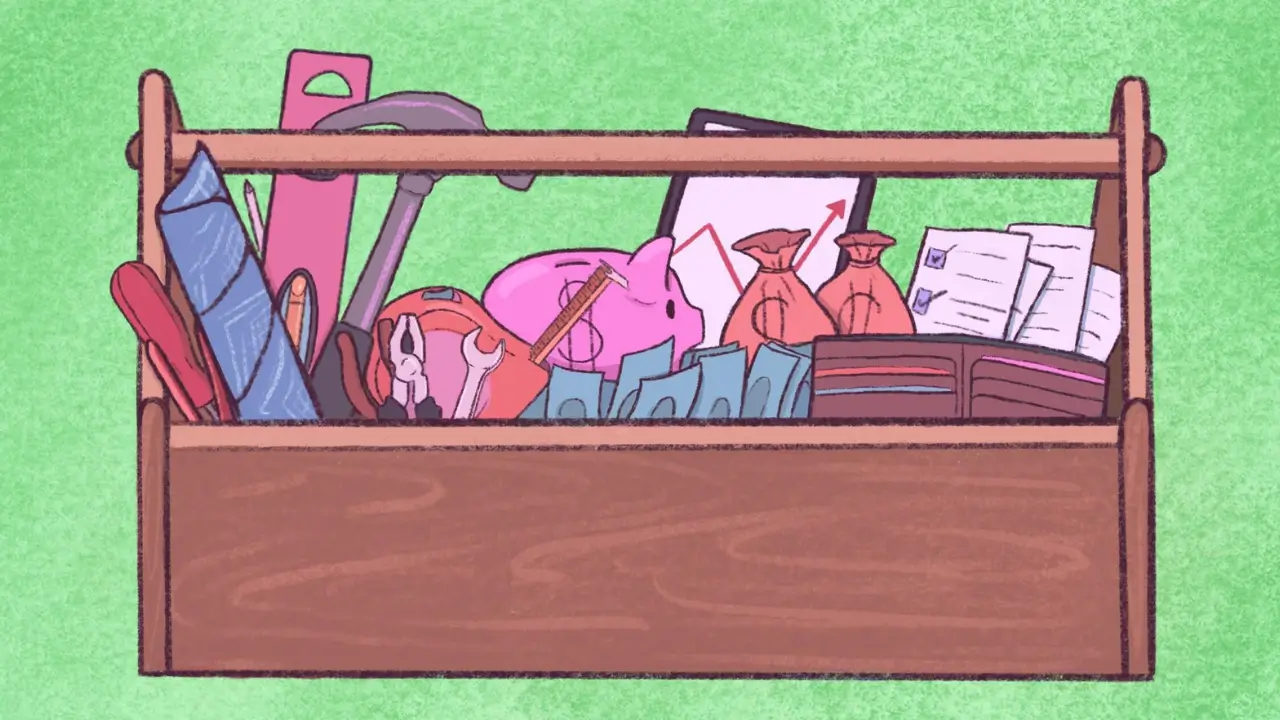
%20(1280%20x%20720%20px)%20(2).webp)
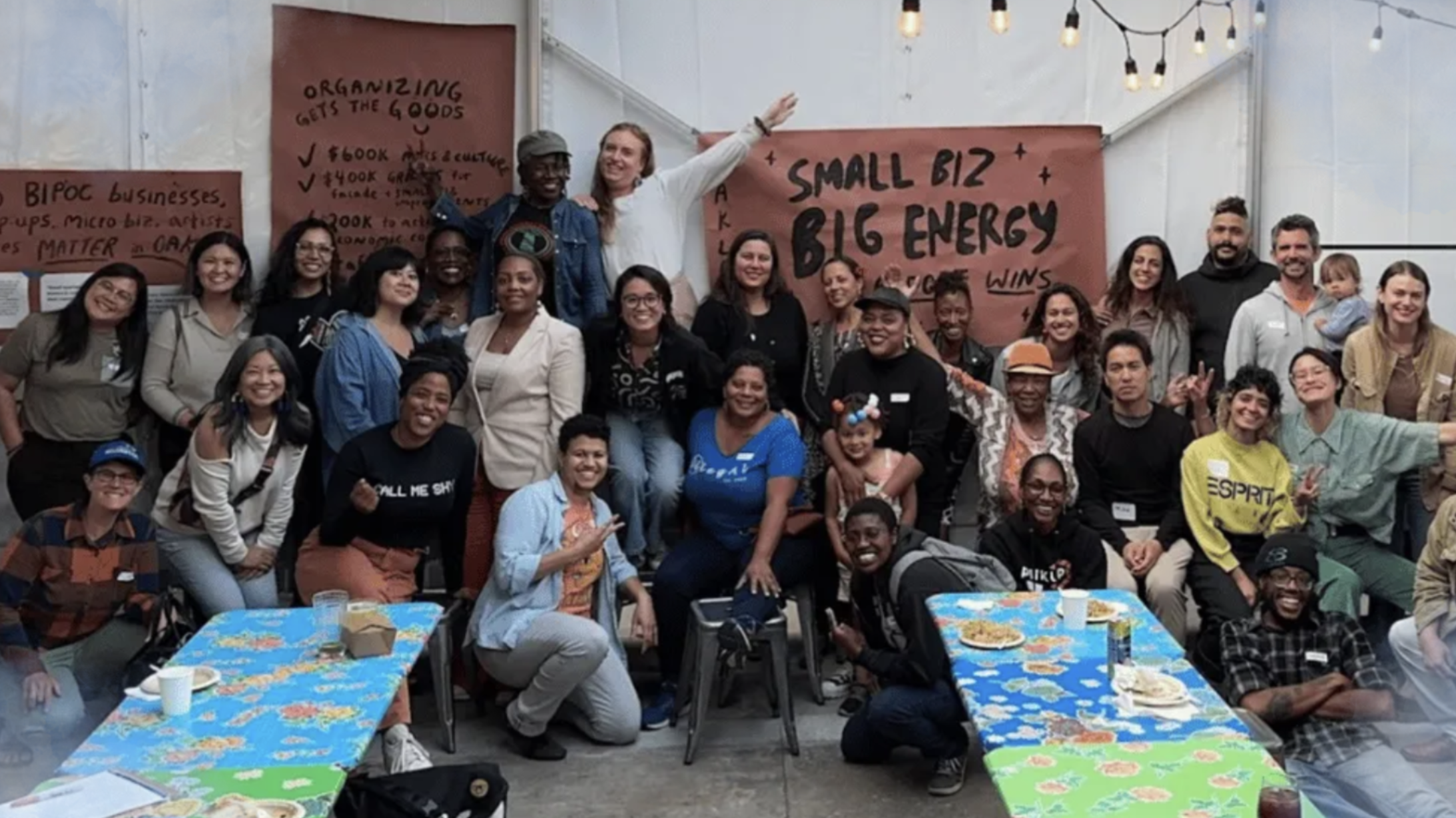




.webp)
.webp)

